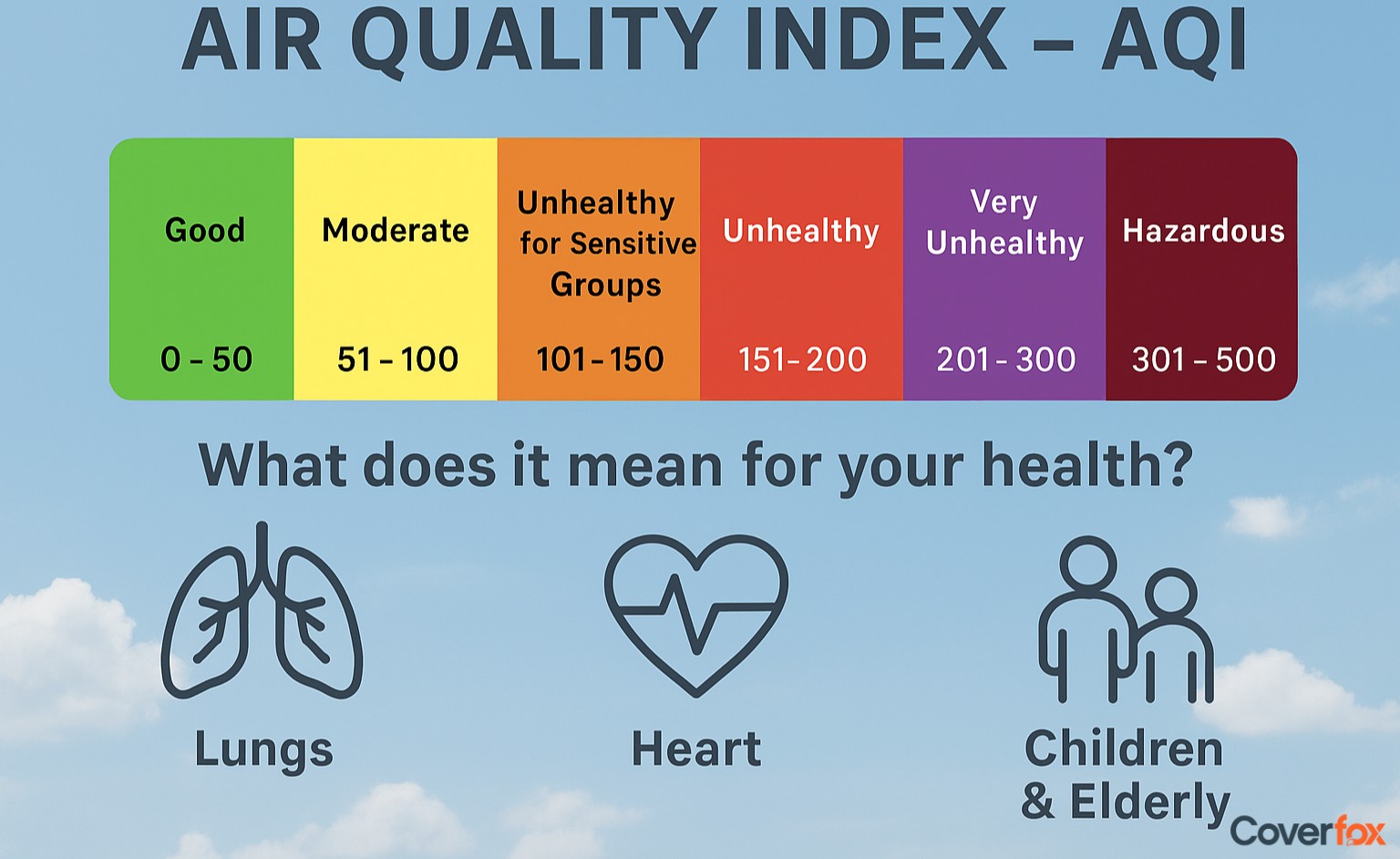Paralysis is a life-threatening situation. Read this article to find out how you can avoid such a scenario.

What is Paralysis?
Paralysis is defined as a loss of muscle function in part of your body which can be temporary or permanent or partial or complete. Paralysis can be caused by an accident or due to serious illness. Stroke, spinal diseases such as multiple sclerosis can also lead to permanent paralysis. Paralysis can occur at any time in your life. Permanent paralysis to any part of the body can lead to a great deal of pain and suffering. It will also drain your family emotionally and financially.
Paralysis is categorized as a critical illness. It is not covered under your base health insurance plan. You need to opt for a specific critical illness plan which covers medical expenses for paralysis related health concerns. Also, you can opt for a critical illness plan as a rider to your comprehensive health insurance plan.
Types of Paralysis
Paralysis can be temporary, permanent, partial or complete. It can affect a specific part of your body such as lower limbs. Flaccid paralysis leads to muscle weakness, while spastic paralysis tightens the muscles to an extent where you have no control over the body. Paralysis can also cause your muscles to twitch uncontrollably or spasm. Moreover, Paralysis is chronic, and it takes a long time for a patient to return to his/her normal state of life. In addition, paralysis requires active medical management along with physical and occupational therapy.
Importance of a Critical Illness Plan
Unlike traditional indemnity health insurance plans, a critical illness plan releases a lump sum amount upon diagnosis of any of the listed Critical Illness covered in the Policy. The money may also be useful for paying off debts, substituting lost income, or even in adapting to lifestyle changes in some cases. A traditional health insurance plan or employee cover will provide for medical expenses upto a certain extent. The lump sum amount paid under a critical illness plan is done in one single transaction on the first diagnosis after a survival period of 30 days. Also, premium paid towards a health insurance plan is eligible for tax deduction under Section 80D.
Diseases Covered under a Critical Illness Plan
Multiple Sclerosis
Major Organ Transplantation
Coronary Artery Bypass Surgery
Paralysis
Kidney Failure
Aorta Graft Surgery
Primary Pulmonary Arterial Hypertension
Heart Valve Replacement
Parkinson's Disease
Alzheimer's Disease
End Stage Liver Disease
Benign Brain Tumor
The list mentioned above is not exhaustive, certain critical illness plans provide cover for 30 plus diseases.

Exclusion under Critical Illness Plan
A CI plan does not cover accidents encountered while participating in adventure sports.
Does not cover self-imposed injuries.
Does not cover any claim that are caused due to wars.
Does not cover accidents while you are participating in defense activities.
Does not cover venereal or sexually transmitted diseases.
Does not cover obesity or cosmetic surgery.
In short, a critical illness insurance plan provides a lump sum payout upto the sum inured upon diagnosis of a critical illness covered under the policy.
Recommended Link: Why Is Medical Test Important While Buying a Critical Illness Insurance?






